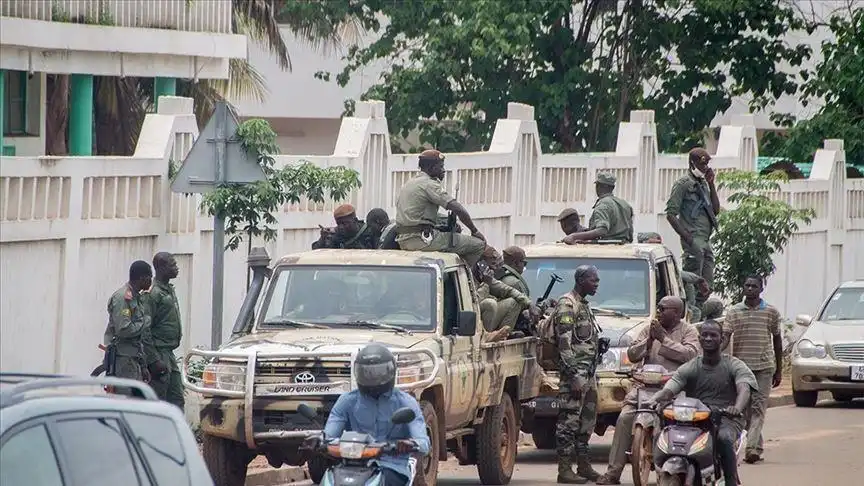The U.S. Embassy in Bamako dropped a bombshell on Tuesday: all American citizens must leave Mali immediately. With jihadist fighters choking off fuel supplies and terror attacks spiking along highways, daily life is unraveling from gas lines to shuttered schools.
This “depart now” directive marks the second high-alert warning in three days, following a blanket “do not travel” advisory citing crime, kidnappings, and bombings.
“Overland routes are deadly stick to commercial flights,” the embassy warned. Their services? Limited to the capital. Outside Bamako, Americans are on their own amid unpredictable violence.
JNIM’s Blockade: Starving the Nation
The crisis stems from Jama’at Nusrat al-Islam wal-Muslimin (JNIM), an al-Qaida affiliate waging war on Mali’s military junta. In September, they launched a fuel tanker blockade, torching over 100 trucks en route from Senegal and Ivory Coast Mali’s main import lifelines.
The fallout? Crippling shortages. Gas stations are ghost towns with endless queues; public transport grinds to a halt. Schools and universities closed nationwide for two weeks starting late October, stranding students. Food prices skyrocket as deliveries stall.
“JNIM aims to strangle Bamako,” security analysts note.
The group, part of a sprawling Sahel insurgency, uses the chokehold to pressure the junta, blending ideology with guerrilla tactics.
A Second Alert in Days – Why Now?
This isn’t JNIM’s first move. Their road ambushes and bombings have surged, targeting highways and remote villages. The embassy’s October 25 advisory already flagged “crime, terrorism, and kidnappings” as reasons to avoid Mali entirely.
Now, with the blockade escalating, the U.S. sees imminent risks.
“Prepare for emergencies stock supplies, review security,” the alert urges.
Mali’s junta, in power since a 2020 coup, faces mounting isolation. Russian Wagner mercenaries prop up their forces, but JNIM’s hit-and-run strategy exploits vast desert terrain.
Sahel’s Spreading Storm: A Regional Threat
Mali’s chaos isn’t isolated it’s the Sahel’s powder keg. This vast desert belt from North to West Africa hosts multiple armed factions, including JNIM and Islamic State allies. Insurgents spread like wildfire, toppling governments and displacing millions.
Humanitarian toll? Catastrophic.
- Food insecurity hits 4.8 million Malians
- Displacement surges past 400,000
- Aid convoys dodge ambushes
Neighbors like Burkina Faso and Niger also junta-led battle similar shadows. The ECOWAS bloc strains to contain the fire.
What It Means for Travelers and Malians
For Americans in Mali: Book flights ASAP. Embassy services end at Bamako’s gates.
For Malians: Daily grind worsens. Blackouts, empty shelves, and fear dominate.
The junta vows retaliation, but JNIM’s blockade exposes cracks. International calls mount for ceasefire talks and humanitarian corridors.
Mali teeters will the world step in before the desert swallows more lives?




















